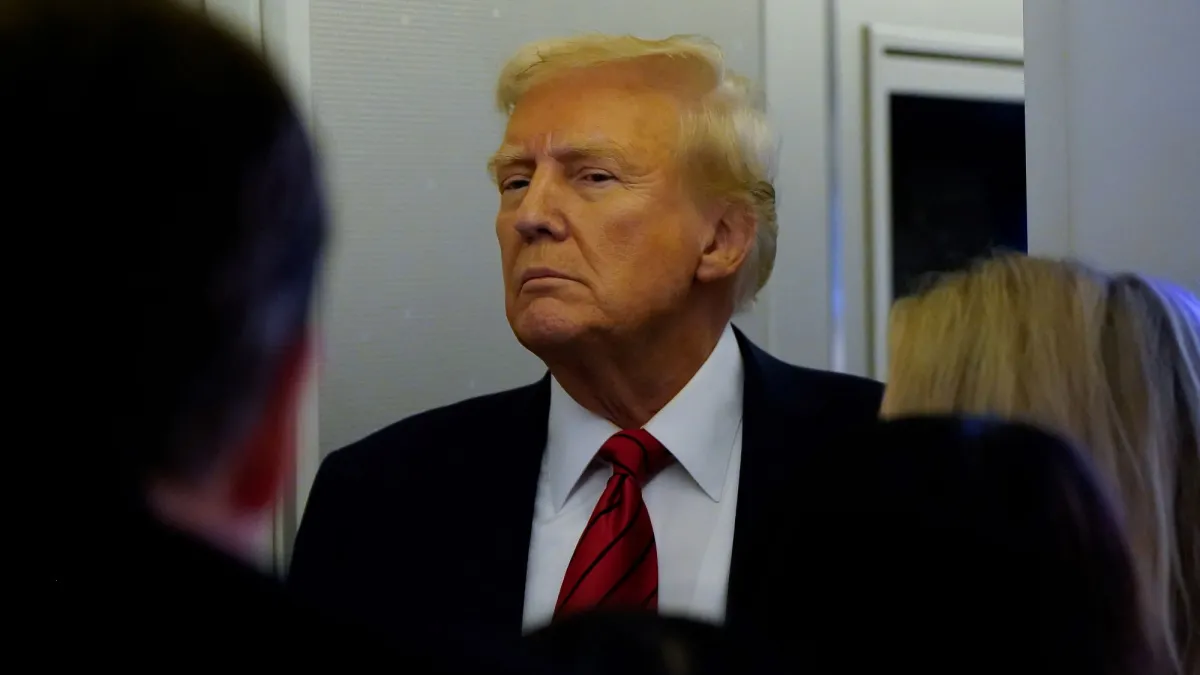
A federal judge today blocked the Trump administration’s payments freeze, agreeing with 22 state attorneys general that the White House order likely violated the law.
“Are there some aspects of the pause that might be legal and appropriate constitutionally for the Executive to take?” John J. McConnell, Jr., the chief judge of the district court in Rhode Island, wrote in a 13-page decision. “The Court imagines there are, but it is equally sure that there are many instances in the Executive Orders’ wide-ranging, all-encompassing, and ambiguous ‘pause’ of critical funding that are not.”
The White House Office of Management and Budget had issued a memo Monday night ordering a freeze on grants, loans and financial assistance programs. After a coalition of nonprofits quickly filed suit, another federal judge temporarily blocked the order the next day, shortly before it was to take effect. That decision is in place until a hearing on Monday.
The White House then rescinded its initial memo, but insisted that the move did not represent a rescission of the funding freeze. McConnell’s order noted that White House statement, writing that “the evidence shows that the alleged rescission of the OMB Directive was in name-only and may have been issued simply to defeat the jurisdiction of the courts.”
The temporary restraining order granted Friday prohibits the administration from reissuing or implementing its freeze until after a court hearing.
New York Attorney General Letitia James, one of the state officials who filed the lawsuit, hailed the ruling.
“This administration’s reckless plan to block federal funding has already caused chaos, confusion, and conflict throughout our country,” she said in a statement. “I led a coalition of attorneys general in suing to stop this cruel policy, and today we won a court order to stop it. The President cannot unilaterally halt congressional spending commitments.”